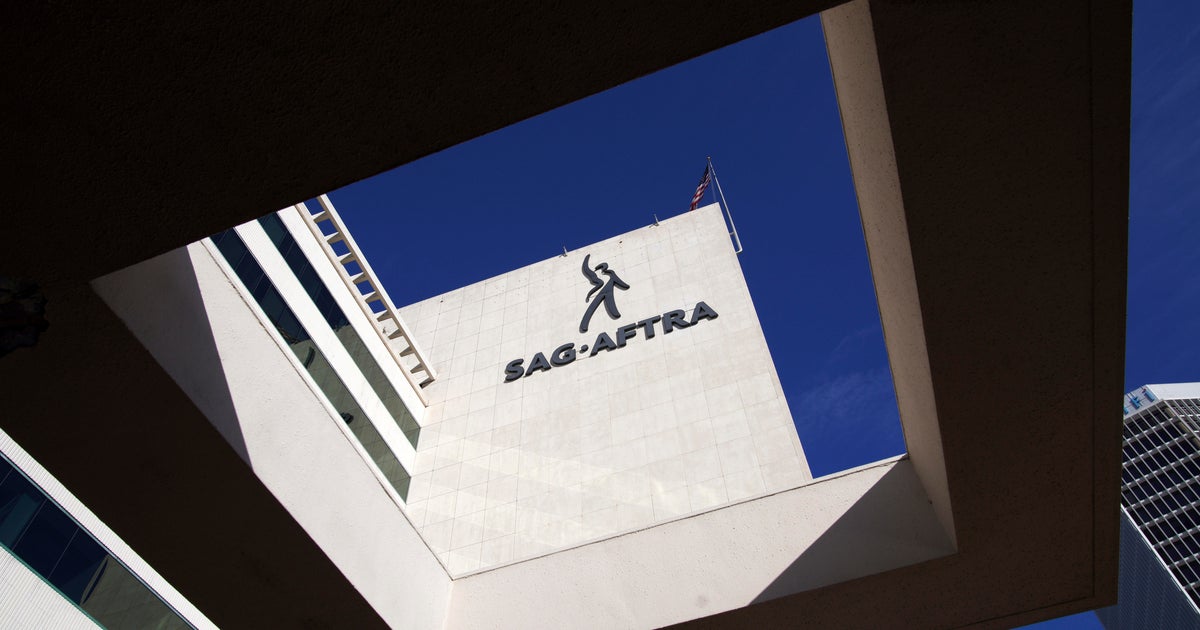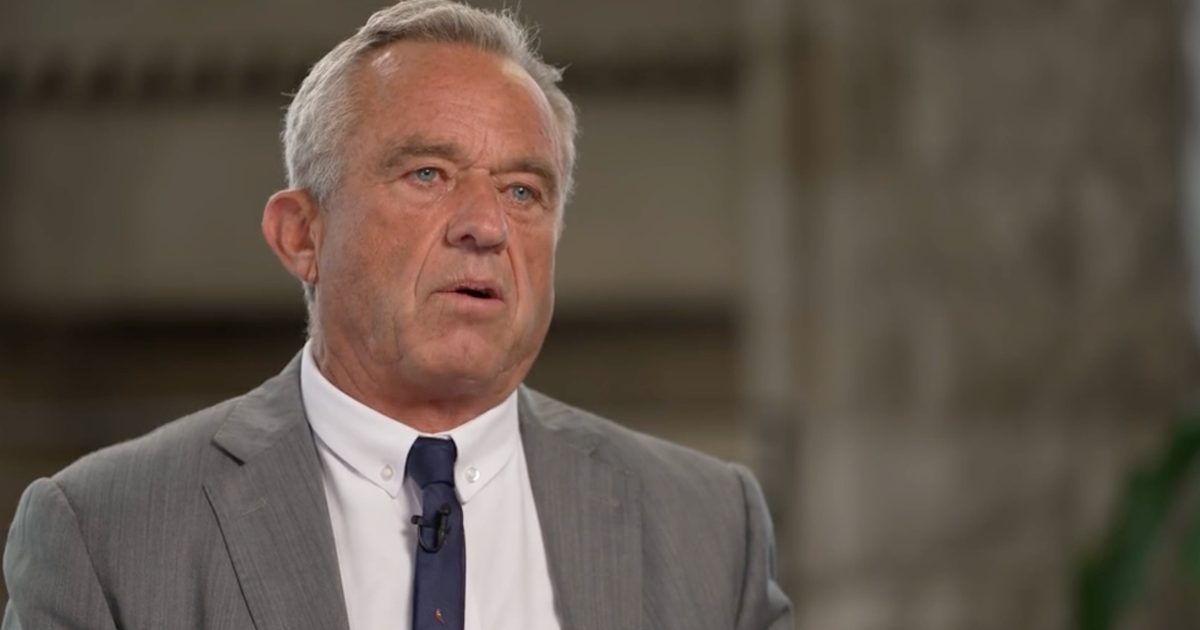Artificial intelligence used to upgrade power grid may bring cyberattack risks
As Americans become increasingly connected to the virtual world through phones, computers and smart appliances, vital utilities like power and water grids, are also going digital. A massive power plant near Niagara Falls, New York, is upgrading its systems with artificial intelligence in a move that's raising concerns among some security experts about the dangers from hackers.
New York state's largest power plant harnesses the awesome energy of the Niagara River and now the New York Power Authority– or NYPA – is connecting that plant and miles of transmission lines with tens of thousands of sensors that can essentially "think," reports CBS News correspondent Errol Barnett.
"So if there are anomalies or if the temperature is outside the range of design, these sensors will communicate automatically to our integrated smart operations center," explained Gil Quiniones, president and CEO of the NYPA.
The A.I. network reaches statewide, warning not only of problems on the grid but predicting where unscheduled maintenance is needed. The aim is to lower costs and pass savings on to customers, with all data processed and verified by computer engineers.
But with those improvements comes an increase in potential risk from cyberattacks.
"We have to think about cyber at every step of the process. We have to incorporate cyber defenses in every step of the software and hardware that we're putting together," Quiniones said.
Rob Lee spent most of his military career at the National Security Agency and now runs his own consulting firm. He said "there's more risk than we have ever had before."
After sounding the alarm about weaknesses in the U.S. grid to Congress, he is critical of states relying on A.I. systems and computer networks in general.
"The communication paths that it has might open up paths for adversaries to take advantage of as well," Lee said.
Lee led the U.S. military's investigation into the Russian hack of the Ukrainian power grid in 2015, made possible, he said, by a simple internet connection.
"They opened up circuit breakers and de-energized portions of the grid, leaving 225,000 customers or so in the darkness for a couple hours," Lee said.
He warns A.I. without highly skilled humans involved is risky.
"You don't want your grid operators, the humans that are controlling the grid, to become so dependent on the machine learning or A.I. model that they forget how to do their jobs," Lee said.
Quiniones countered those concerns with the fact that humans are still in between the information and the actions.
"So think of this really as a very smart decision support system," he said.
Quiniones said their power plant control rooms have safeguards and operate on a completely different network from the rest of the grid. Still, the Department of Homeland Security revealed earlier this year that Russian malware was opened by someone in a power plant control room via e-mail – it was as simple as that. That's why there's a growing consensus that it is critical to increase the skills of everyone plugged into the network.



